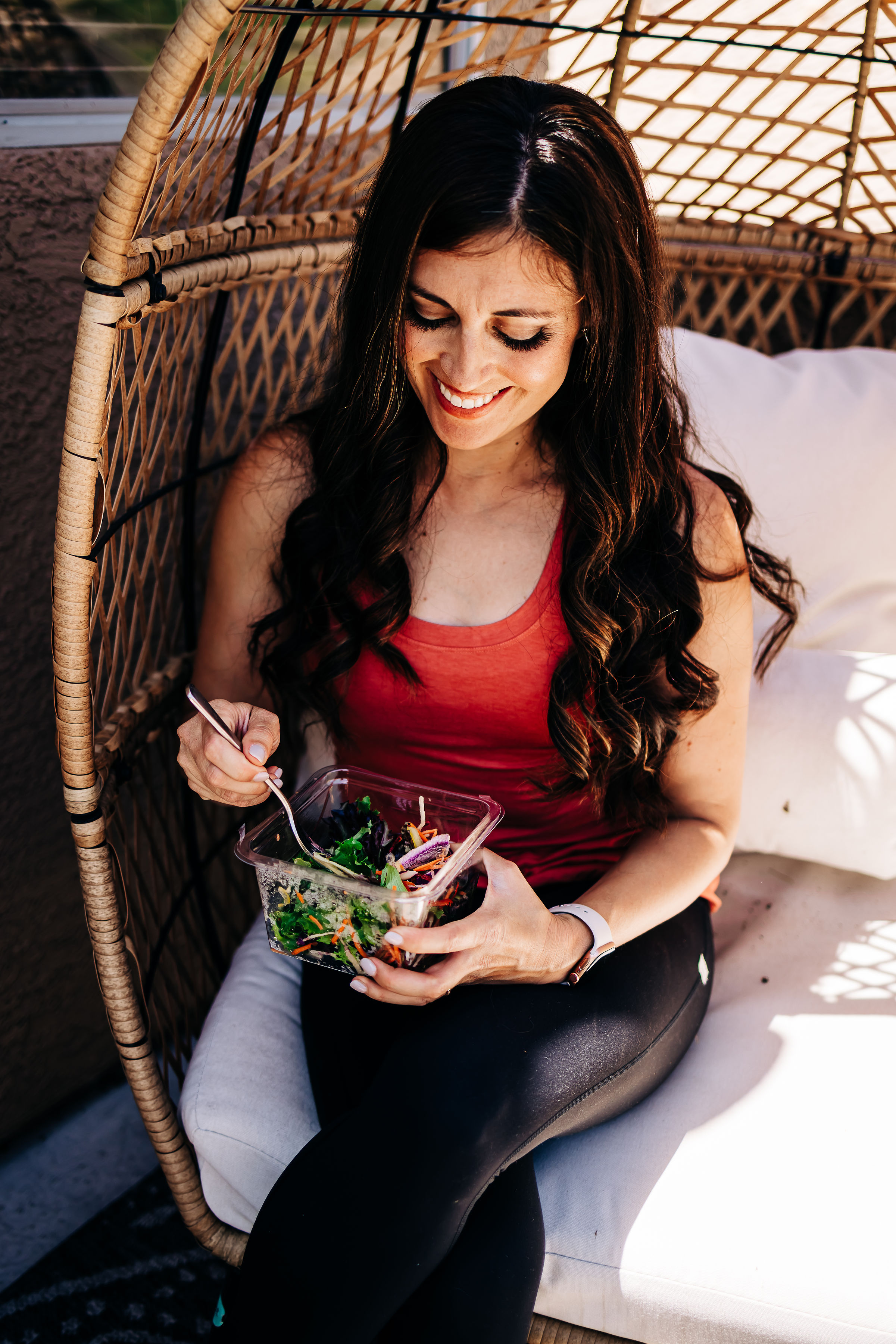Please keep in mind that today’s post is for information purposes and is not medical information. If you have questions about improving your gut health, talk to your health care provider.
Today I want to talk about something that may not be the most glamorous topic, but it’s incredibly important: gut health. As women, we often put a lot of emphasis on our performance, energy levels, and what we put into our bodies to look and feel our best. But what about what’s going on inside? Our gut health plays a crucial role in our overall health and wellbeing, from our digestion and immune system to our mental health.
So, why is gut health so important?
Our gut is home to trillions of bacteria, both good and bad. When our gut is in balance, meaning there’s more good bacteria than bad, it helps keep our immune system strong, aids in digestion and absorption of nutrients, and even produces neurotransmitters that affect our mood and cognitive function. On the flip side, when our gut is out of balance, it can lead to a host of problems such as bloating, constipation, diarrhea, fatigue, and even depression and anxiety.
Now, the good news is that we can improve our gut health through a few simple lifestyle changes.
*Please note that this is not medical advice and simply intended for informational purposes. Always consult your doctor or health care professional before making any fitness or nutrition changes.*

Gut Health for Women: Why it Matters and How to Improve it
Here are some tips:
Eat a diet rich in fiber:
Fiber feeds the good bacteria in our gut and helps keep things moving smoothly. Aim for at least 25-30 grams of fiber per day from sources such as fruits, vegetables, whole grains, and legumes. A helpful strategy: track your fiber! I like Chronometer and My Fitness Pal.
Incorporate probiotic-rich foods:
Probiotics are live bacteria that can help boost the good bacteria in our gut. Foods such as yogurt, kefir, kombucha, tempeh, sauerkraut, and kimchi are all sources of probiotics.
Avoid processed and sugary foods:
These types of foods can feed the bad bacteria in our gut and lead to inflammation and other issues. When you do have these foods, enjoy them, and move on with your life. I just don’t recommend making them the staple or focus in an everyday diet.
Manage stress:
Chronic stress can negatively impact our gut health, so finding ways to manage stress such as meditation, yoga, or simply taking a walk in nature can be incredibly beneficial.
Consider supplements:
In some cases, supplements such as probiotics or digestive enzymes may be helpful in improving gut health. I love the Sakara probiotics! (My code is XOGINAH for 20% off)
Read more